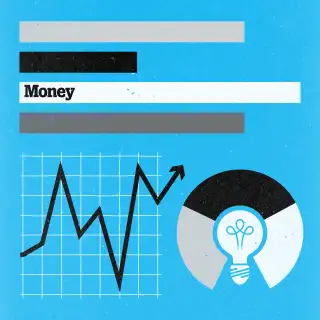When It Comes to Muni Funds, Does Location Matter?

Q: I live in New York state and currently invest in a high-yield municipal bond fund. Should I switch to a tax-exempt New York muni fund? — Connie
A: There are lots of considerations when weighing the pros and cons of a high-yield bond fund that invests nationally versus a state-specific municipal bond fund.
The three big ones: “You want to think about taxes, volatility and credit quality,” says Stephen DeCesare, a certified financial planner and president of DeCesare Retirement Specialists in Marlton, NJ.
Let’s start with taxes, since that is the primary perk of investing in municipal bonds, which are issued by local and state government entities to cover general expenses or fund specific projects. Most, but not all, municipal bonds are exempt from federal income taxes, which is a selling point in and of itself.
If you’re in the 28% tax bracket, for example, a 3% yield on a tax-exempt muni is the equivalent of a 4.17% taxable bond. You can run your own numbers using this simple Vanguard calculator.
There are, of course, caveats, such as if you owe the alternative minimum tax. Also, gains on principal are subject to capital gains tax. Likewise, it generally doesn’t make sense to own tax-exempt municipal bonds in a tax-deferred retirement account.
That said, because you live in a state with high-income taxes – New York’s top rate is 8.8% — narrowing your focus to New York can further sweeten the tax side of the deal.
If you lived in a state with low income taxes, however, you might be better off in a national tax-exempt municipal bond fund. Managers of those funds typically have more leeway to find opportunities without necessarily ramping up risk.
It’s always important to weigh the breadth and health of your state’s muni market against any tax break. New York has a relatively robust municipal bond market, says DeCesare, which is another reason why a state-specific muni bond fund could make sense in your case.
Once you’ve looked at all the variables, the decision will ultimately hinge on your risk tolerance and income needs. Remember that high-yield municipal bond funds invest the majority of their assets in bonds that are rated below-investment grade or aren’t rated. These funds can put up higher total returns – even after taxes – but with that comes more credit risk and in turn more volatility.